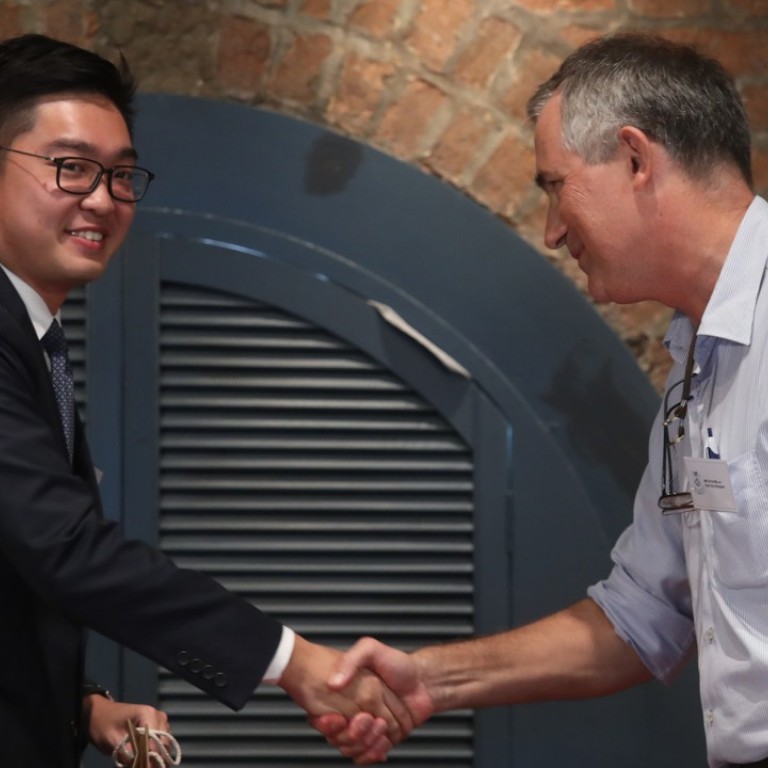
The FCC has behaved like a rude guest, but Hong Kong didn’t need to evict journalist Victor Mallet
Philip Yeung says the Foreign Correspondents’ Club provoked Hong Kong and China when it gave a separatist a public platform. In testing the limits of free speech, the club has contributed to its curtailment, but now is the time for quiet diplomacy to prevail
Even for a journalist as seasoned as Mallet, as soon as the words “freedom of speech” are trotted out, everyone is expected to kowtow to the concept, and nothing can be ruled out of bounds. Liberty becomes licence.

Now, the FCC has become the club that launched a thousand screams for press freedom, even though the debate has only one unalterable, foregone conclusion: independence for Hong Kong is as impossible as it is illegal. End of debate. The talk was thus staggeringly sterile. All it managed to do was provoke our sovereign and sour the hitherto cordial relationship between the FCC and the host government, which also happens to be the FCC’s landlord.
Journalists pride themselves on their objectivity, but executives at the FCC seem somewhat politically naive and self-righteous. Their peers have been quick to jump to their defence, declaring freedom of speech to be non-negotiable and untouchable. But, in the real world, is this a self-evident truth?
Just consider this parallel: what if an organisation of Britain-based Chinese correspondents had given a public platform to the leader of an illegal separatist party that advocates Northern Ireland’s breakaway from Britain? The Chinese correspondents would no doubt have their motives questioned, and would risk being declared persona non grata by the British government. Except the situation in Greater China is 10 times more vexed than in present-day Northern Ireland.
Mallet himself now wears a halo as a martyr to the cause of press freedom. I think we can dispense with the heroics
For the FCC to host a speaker whose organisation risked, at the time, being outlawed is akin to thumbing its nose at the host city and poking the dragon. It might have thought it was courageously standing up to the Hong Kong government, and Mallet himself now wears a halo as a martyr to the cause of press freedom.
I think we can dispense with the heroics. It is in the interest of both parties to play down the incident and lay the controversy to rest. Hong Kong’s point has been made and I am sure taken notice of. No one wants to see the journalists waving a white flag or the authorities being demonised. Let quiet diplomacy prevail.
To me, this is a phoney fight over a phoney issue. Every country or jurisdiction has the right to expect that its laws will be adhered to and that any non-adherence will have consequences.
Foreign journalists should remember that, without “one country”, there would not be “two systems” and all the freedoms that go with that. If you disrespect one, you diminish the other. By testing the unexamined limits of freedom of speech, the FCC has inadvertently contributed to its curtailment. This episode is far from the FCC’s finest hour, and it was behaving like a rude guest. But, for our part, Hong Kong still has a reputation to uphold as a gracious host.
Philip Yeung is a ghostwriter to university presidents and business leaders. [email protected]

